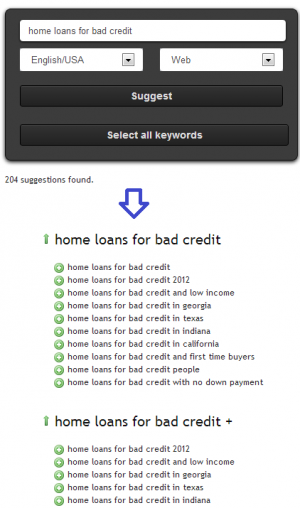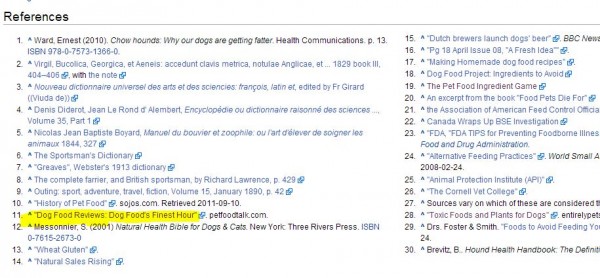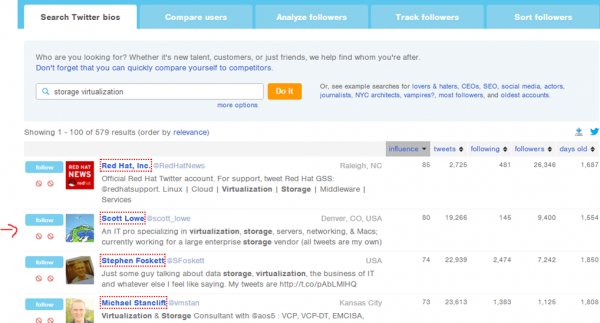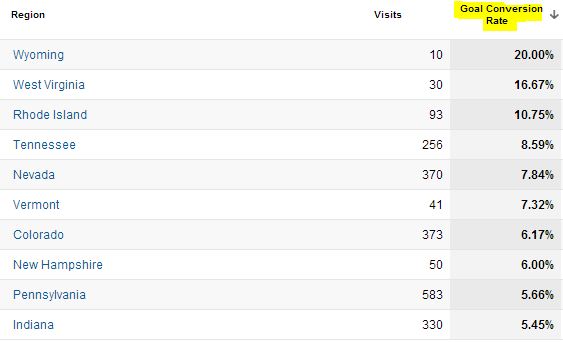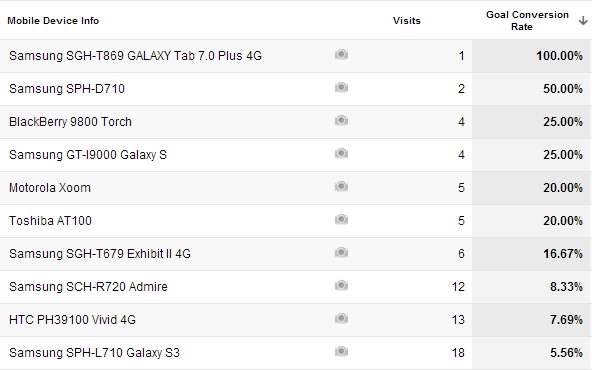5 Tools You Never Thought To Use For Link Building
Link building tools are everywhere, so much so that it’s safe to assume we’ve saturated the market, and it’s time to move on to building something else. While I rely on some of these as much as Instragram relies on selfies and food photos, some of the best tools I’ve found for link building were actually created […]
Link building tools are everywhere, so much so that it’s safe to assume we’ve saturated the market, and it’s time to move on to building something else. While I rely on some of these as much as Instragram relies on selfies and food photos, some of the best tools I’ve found for link building were actually created to serve a completely different purpose. These are my faves.
1. UberSuggest
I love UberSuggest. I love it in a box. I love it with a fox. Most love it as a keyword research tool — can you blame them? But, it also has some amazing link building capabilities for content ideas.
Be as specific as possible when you’re putting in queries. Long-tail keywords work great because they’ll generate better content ideas that easily translate into a blog post or article.
If Google is suggesting it, it’s going directly into my editorial calendar.
Wil Reynolds also suggested adding “Why does,” “How to” and “How often” to the start of your query to find the questions that people are actually asking about industry. Brilliant.
2. Wikipedia
You can use Wikipedia to Search for the most general keyword that you have — if your main keyword is [all natural dog food], just search for [dog food]. On the main Dog Food page, the Contents section can give you some content ideas, but the References will be your real source of potential link prospects.
[Dog Food Reviews: Dog Food’s Finest Hour] caught my eye first. Looks like PetFoodTalk.com reviews different brands of dog food. Bingo.
Bonus: check to see if there are any broken links or links to a 404 page in the References section. The [Making homemade dog food recipes] goes to a 404; so, I’d create a piece of content about that, and update the content in the Wikipedia page to point to a new page instead of the 404. If approved, the link will be nofollowed, but can still provide traffic.
Double Bonus: the other pages that show up under your general term are also worth a perusal.
3. StumbleUpon
You mean there’s an entire website dedicated to bringing me directly to websites based off my interests? Hello, source gold.
Don’t search for your keywords on StumbleUpon; search instead for the general category (Interest) that they fit into.
For example, if I was doing SEO for a limo company or flower shop, one of my interests would be [wedding]. On the StumbleUpon wedding page, you’ve got oodles of potential sources.
You can also use the Expert tab so find the people who are Stumbling and liking the most wedding-related content. These people aren’t necessarily influencers, but they could be a part of your target audience, so finding patterns of what they share is extremely beneficial.
4. Followerwonk
When something like Followerwonk allows you to “find, analyze and optimize for social growth,” your link-building radar should immediately be going off.
Search Twitter bios with your keywords [storage virtualization] or industry [technology]. A strong social presence likely indicates a strong website presence. Again, source gold.
Influencers are great, but you also want the writers from your industry. You can do this two ways:
- By including things like writer, blogger, or journalist in your queries when analyzing Twitter bios
- Analyzing who’s currently following you (the marketer), your client’s business, or your client’s competitors.
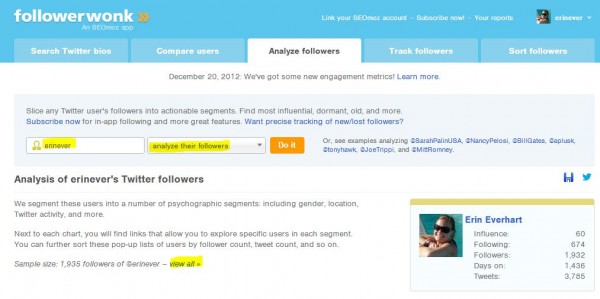
5. Google Analytics
I love conversion-oriented link building tactics. It makes sense: you don’t build links for the sake of building links; you build links for the sake of getting customers.
In Google Analytics, find the location where you most of your customers are coming from.
Then, target getting links from location-specific websites. Think about promotion ideas you can do for that location. If possible, gear content around that location or that would be useful for those people coming from that location. You’re building link juice, but you’re also building customers.
Hat tip to Jason Acidre for coming up with that gem.
You can find more than just where your customers are coming from in Google Analytics. Find the browser, mobile device, or operating system with the highest conversion rate and create content around those topics.
For example, a lot of our mobile visitors who convert use Samsung devices. Knowing that — and our target audience being marketing executives — I may want to create content on how marketers can better use their Samsung, like “Best Android Apps for the Busy CMO.”
What are some other non-link building tools that you use to help streamline link building?
Opinions expressed in this article are those of the guest author and not necessarily Search Engine Land. Staff authors are listed here.
Related stories
